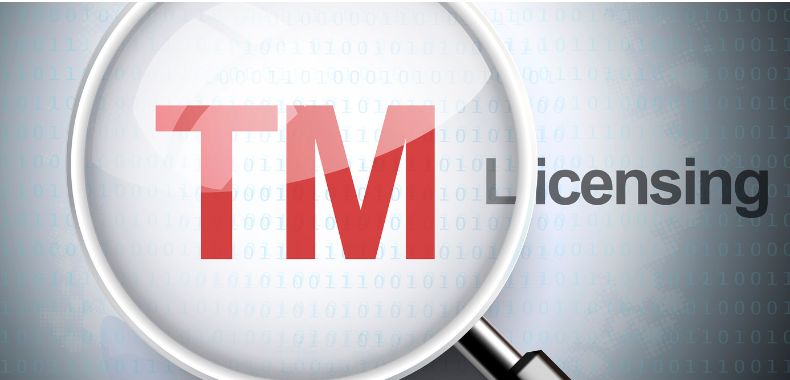The Brazilian government has taken another significant step toward strengthening its intellectual property environment. On March 24, 2024, Brazil’s acting President and Minister of Development, Industry, Trade and Services (MDIC), Geraldo Alckmin, met with senior officials from the Brazilian Patent and Trademark Office (BPTO) in Rio de Janeiro to discuss strategies aimed at fostering the country’s industrial property system.
Among the key goals presented by the Brazilian Patent and Trademark Office’s President, Mr. Júlio César Moreira, is the substantial reduction of processing times. By 2026, the examination time of a patent application is expected to decrease from the current four years to just two. In the trademark field, the period for registration is set to drop from 18 months to only one month.
Our understanding, however, is that this one-month timeframe for trademark examination will in fact begin only after 90-days from the publication of the application, after opposition period has lapsed. Once a trademark application is published, there is a 60-day window during which third parties may file oppositions and a subsequent 30-day period for the applicant to present a response to the opposition. Therefore, the one-month analysis period can only reasonably commence after the conclusion of said opposition period. Even so, it will be an impressive and important accomplishment.
Achieving these ambitious targets will depend on continued technological modernization, hiring new personnel, and securing the necessary budget to implement the changes.

Planned Deliverables for 2025
To achieve such improvement, gaining efficiency and reducing examination timelines, the BPTO has announced several initiatives to be implemented:
- The use of Artificial Intelligence to assist in search and examination tasks.
- The launching of the “User Portal,” with functionalities progressively introduced for patents, improving the experience for applicants.
- Optimization of the trademark opposition form, making the process more streamlined and user-friendly.
- A pilot project called “Direct Contact with the User,” aimed at simplifying administrative procedures and speeding up cases’ processing.
- Legislative developments, particularly Bill No. 2210/2022, which proposes the possibility of early examination of national patent applications and changes to the trademark opposition system.
- Introduction of a new fee schedule.
These actions reflect the Brazilian government’s commitment to creating a faster, more efficient, and more transparent intellectual property system. By improving the infrastructure and regulatory framework, Brazil continues to move toward greater competitiveness, legal certainty, and attractiveness for innovation and investment.
—
Author: Theo Thadeu Vita Calegari, Lígia Ferreira Marcondes Rocha e Cesar Peduti Filho, Peduti Advogados.
—
“If you want to learn more about this topic, contact the authors or the managing partner, Dr. Cesar Peduti Filho.”

